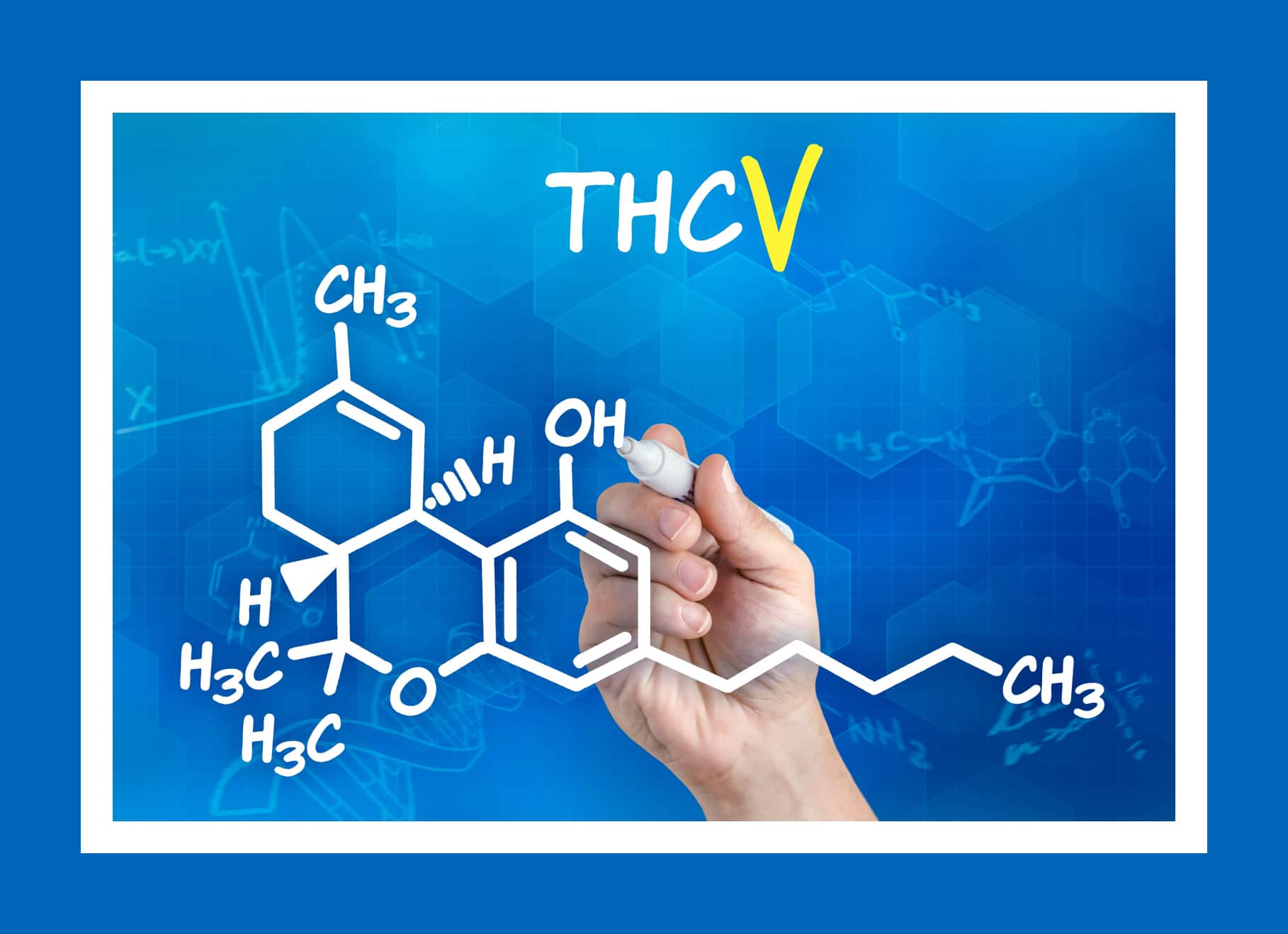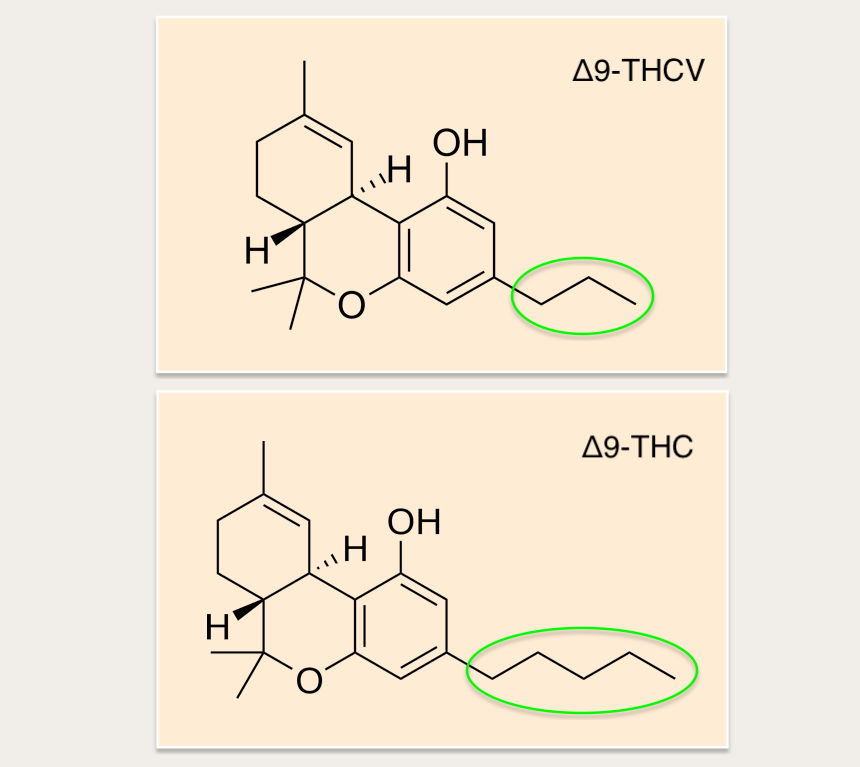Tetrahydrocannabivarin (THCV) is a cannabinoid substance found in marijuana and hemp plants. It's chemically similar to tetrahydrocannabinol (THC) but with some essential differences. Here's whatever you need to learn about THCV consisting of the threats, advantages, differences, and similarities with other kinds of THC and more. What Is THCV? THCV is a less typical cannabinoid found in some stress of cannabis, particularly African sativa.
 THCV vs THC: What Are the Differences? Articles Analytical Cannabis
THCV vs THC: What Are the Differences? Articles Analytical Cannabis
 What is THCV and what are the benefits of this cannabinoid? Leafly
What is THCV and what are the benefits of this cannabinoid? Leafly
 What Is THCV (Tetrahydrocannabivarin) And What Does It Do?
What Is THCV (Tetrahydrocannabivarin) And What Does It Do?
THCV has a 3-carbon side chain rather than THC's 5-carbon Helpful site side chain. This distinction is subtle, however it has an obvious influence on the effect profile. THCV is rather psychedelic but only about and about. What Does THCV Seem like? THCV has a strong energy-boosting element to it, which makes it especially popular among students and professional athletes.
In the United States, THCV guideline is nuanced. THCV is not a Schedule I Drug, however marijuana extracts are making it somewhat ambiguous what the federal position is on THCV. The 2018 Farm Costs mentions that hemp plants and all derivatives of the plants are legal on a federal level, many business abide by this law and still provide THCV to clients by only extracting the compound from hemp plants.
If THCV is considered a THC analog, it might be managed in the future by the very same rules as THC under the Federal Analog Act. This act specifies that any substance that shares a comparable molecular profile as a known prohibited compound it's consisted of in the exact same drug Schedule category.
What Are the Results of THCV? Supporters of THCV report that it produces an intense burst of energy and makes them feel euphoric without the psychological cloudiness triggered by THC. The impacts are super mild compared to THC. The impacts are practically specifically cognitive yet in some way have very little effect on headspace.
2. THCV & Appetite Some THCV users declare that it curbs their appetite. This is a common effect of other focus-enhancing compounds. It's as though THCV gets rid of the diversion of other bodily processes (like appetite) in order to protect resources and attention to cognitive tasks instead. How Does THCV Work? Cannabinoids produce biological effects in the body by engaging with endocannabinoid receptors.
CB1 receptors lie in the nerve system and communicate with neurotransmitters in the brain to produce mind-altering impacts. Interaction with CB1 websites is what provides some cannabinoids like THC their psychoactivity. THCV is a bit tricky to website understand since it's mainly a CB1 antagonist, indicating it has the opposite effect as THC.
While researchers are still seeking to comprehend this process, it appears THCV is able to block the effects of CB1 in low dosages and promote them in high doses. CB2 receptors are found mostly in the body immune system. THCV is a partial agonist of CB2, but the effects of this partial activity aren't popular, and it relatively has no noticeable influence on THCV users' experience.
As pointed out in the previous area, THCV is a CB1 antagonist in low doses which is the precise opposite impact of delta 8 and delta 9 THC. This might imply that THCV counteracts a few of the psychoactive impacts of THC. This impact could discuss why people who use THCV feel so clear-headed especially compared to the infamous "fogginess" induced by delta 9 THC.